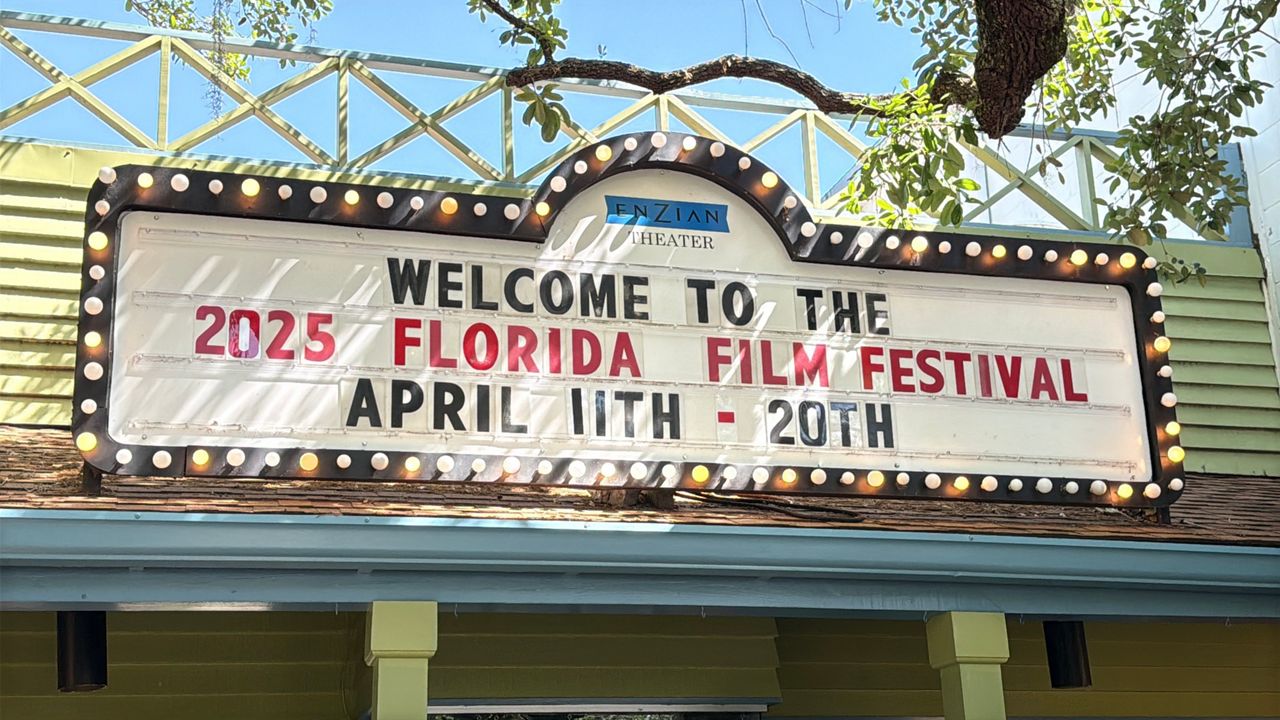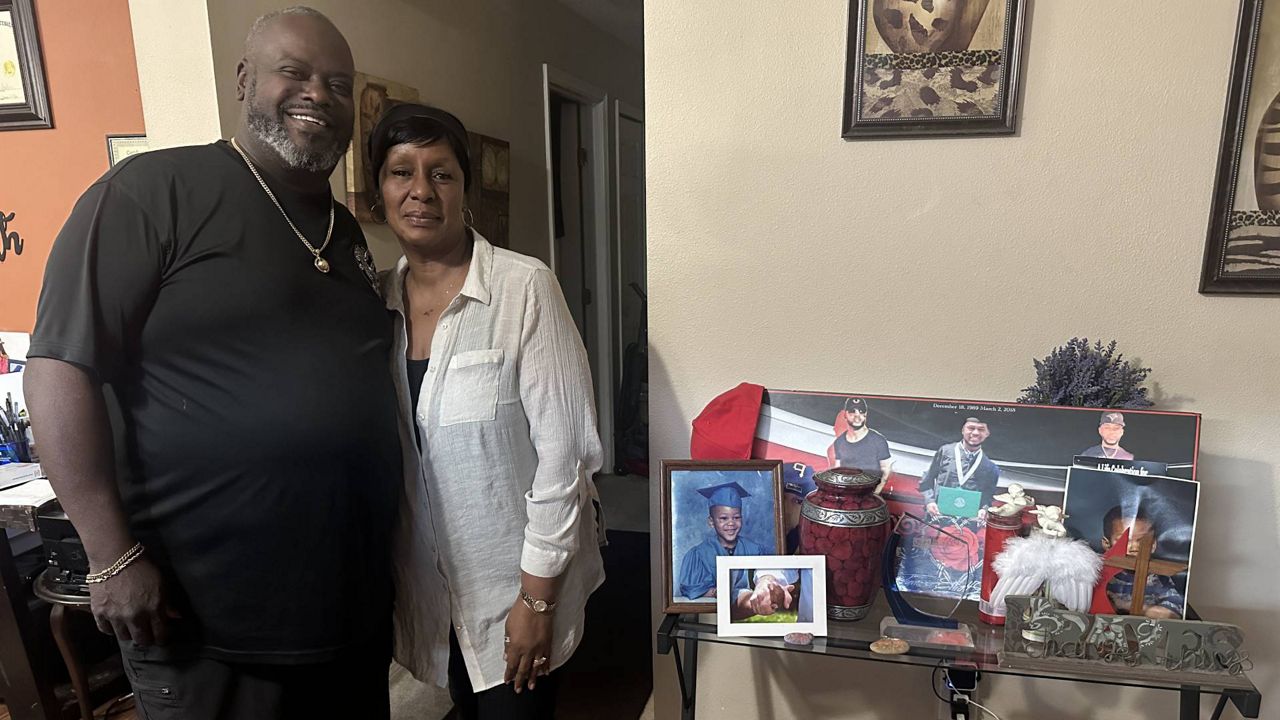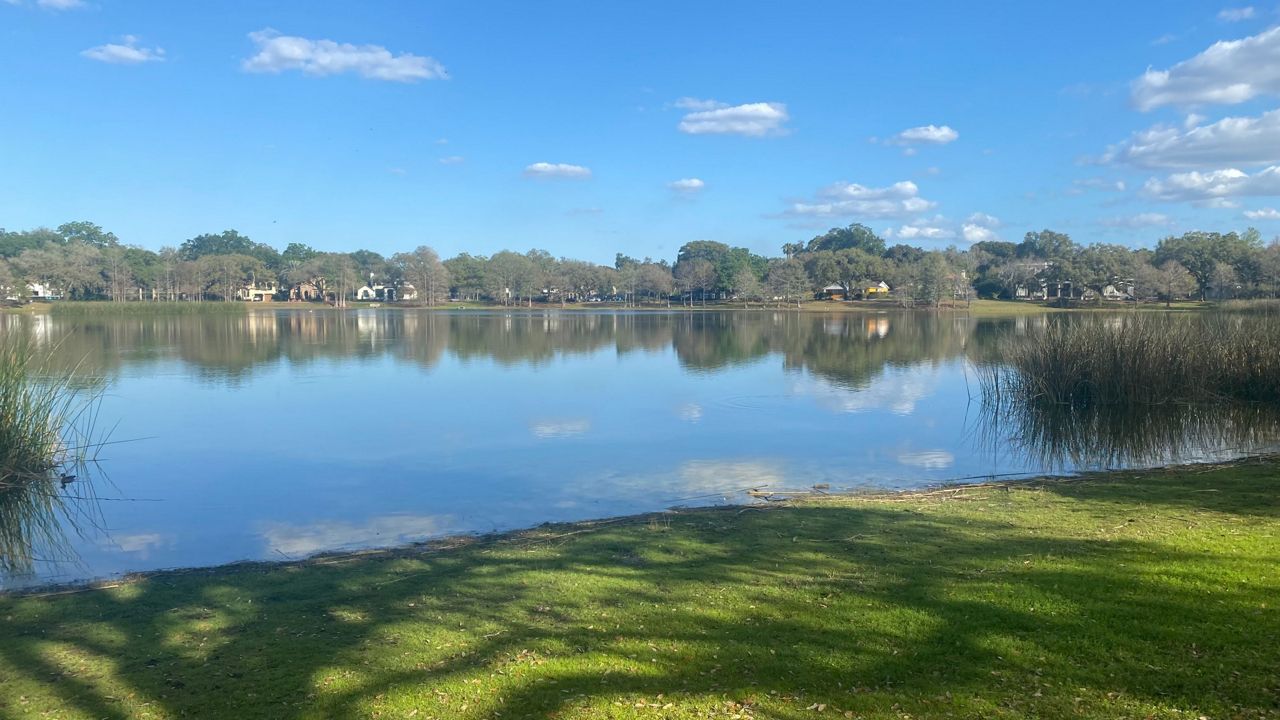ALTAMONTE SPRINGS, Fla. — Florida leaders are currently looking to create a statewide standard for electric vehicle charging infrastructure.
The state’s consumer services director Rick Kimsey has been going around the state meeting with entities and municipalities on what these rules would look like.
A recent proposed rule discussion was held in Altamonte Springs Wednesday, to understand what a potential guidance would look like.
The reason for the discussion is the different rules currently all across the state, from signage, to landscaping, to how long someone can park in an EV parking spot.
“We are definitely looking at the scale that is coming with EV,” Kimsey said at a discussion being held in Altamonte Springs. “We are looking at the resources that will be necessary.”
According to the Environmental Defense Fund, Florida is behind only California when it comes to the total number of registered electric vehicles.
Benjamin Pauluhn, the President of Optimus Energy Solutions, says with a quarter million EV cars in the state so far, the need for charging stations will only grow.
“I don’t think it’s about the future, because it’s today,” Pauluhn said. “Twelve percent of vehicles sold today in Florida are electric vehicles.”
Over the past seven years, Pauluhn says his business has doubled each year. The problem he says he faces daily is the different rules in place all across the state just to put in a charging station.
“Local jurisdiction based,” Pauluhn says, beginning to list obstacles he has faced. “Site requirement overreach, aesthetic opinions as far as people out of touch with what consumers want, and just an arm’s length opinion of what should or shouldn’t be the case,” he continued.
But, he does believe there should be some rules and common law to keep consumers and businesses safe, which are already in place.
“We need to put in to National Electric code. We have to comply with fire safety, in particular when in structures, condos, etc. All of those codes already exist,” Pauluhn said. “It’s no different than many of the other 240 volt items we are putting in structures today.”
Following the rules workshop discussion led by the state, Kimsey did say he hopes to have the writing of the rules in place before the end of the year.









